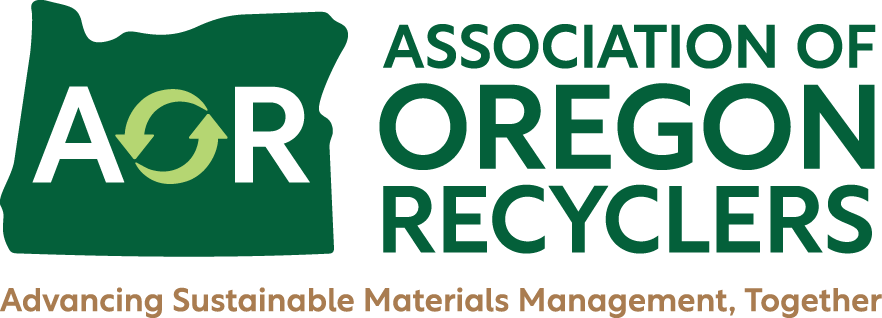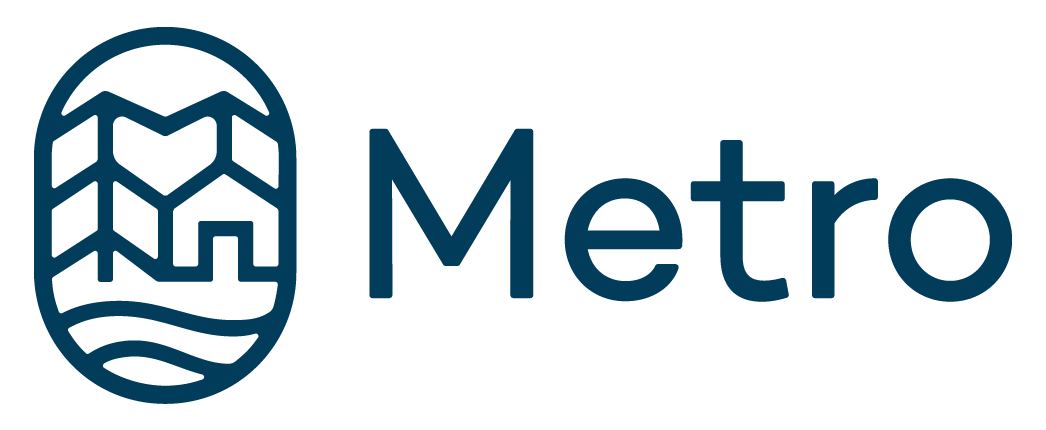C & D Materials Management & Markets in the Northeast
Wednesday, January 17, 2018 @ 2:00pm - 3:30pm EST
REGISTER for this free webinar or use the Registration URL: https://register.gotowebinar.com/register/717538376858013185
Co-sponsored by: The Northeast Recycling Council (NERC) and the Northeast Waste Management Official’s Association (NEWMOA)
C&D materials are generated in new construction, remodeling, deconstruction and demolition. Common components of new construction in the U.S. include: wood; concrete/masonry; wallboard; metal; corrugated cardboard; bottles and cans; and trash. Demolition debris includes: concrete; wood; trash; scrap iron; asphalt; brick; and roofing. There is an increased emphasis on the processing and reuse of C&D materials. Many of these materials can be recycled and made into new products — clean, untreated wood can be made into new wood products (i.e., furniture, and wood chips and mulch for landscaping purposes); gypsum wallboard can be ground into a gypsum powder that is then manufactured into new plasterboard or applied as a soil amendment; and asphalt shingles can be recycled into cold patch, new shingles, or hot mix asphalt.
This joint NEWMOA and NERC webinar will include presentations on:
· The results of NEWMOA’s recently released analysis of data collected by the environmental agencies in Connecticut, Maine, Massachusetts, New Hampshire, New Jersey, New York, Rhode Island, and Vermont on architectural C & D materials disposal, processing, and recovery for reuse and recycling.
· The results of a Massachusetts Department of Environmental Protection (MassDEP) funded study that evaluated the current and future status of construction and demolition (C&D) debris management in Massachusetts, and identified and recommend potential opportunities for the diversion of a greater proportion of recyclable materials to recycling markets. NERC administered and contracted with DSM Environmental Services (DSM) to conduct the project. MassDEP has established a goal of diverting 50 percent of C&D materials from disposal, but in recent years the actual diversion rate has plateaued at around 30 percent. The primary objective of the analysis undertaken by DSM was to first assess incoming and outgoing materials at Massachusetts C&D processors and handling facilities, and to determine what the opportunities and constraints are to increase materials diversion beyond 30 percent.
Speakers
Jennifer Griffith, NEWMOA
Jennifer Griffith is a Project Manager at NEWMOA. She joined NEWMOA in 1995 and is responsible for a number of solid waste projects, including training and research. She manages a variety of initiatives, including those focused on construction and demolition waste, municipal solid waste, disaster debris, beneficial use determinations, Brownfields redevelopment, and mildly contaminated soils. Jennifer has a Master's Degree in Technology and Policy from the Massachusetts Institute of Technology. Prior to joining NEWMOA, she worked as a consultant at firms involved with landfill design and waste site investigation and cleanup.
Natalie Star, DSM Environmental
Natalie Starr has spent over 25 years in the solid waste, resource recovery and energy field. Natalie’s work has focused on improving the economics of solid waste management and recycling programs throughout the U.S., as well as in Central Europe, South Africa, and Argentina. Natalie specializes in benchmarking and economic analysis of recycling systems, including urban and rural collection systems. She has been involved in analysis, design and contracting of recycling and refuse collection systems throughout the northeast focusing on increasing recovery rates and efficiency.
Ted Siegler, DSM Environmental
Ted Siegler is a Resource Economist with 40 years of solid waste management experience, working for the states of Maryland, Nevada and Vermont, and since 1987 as a Partner at DSM Environmental Services. Over the past 25 years, Ted has specialized in waste characterization and recovery rate analyses, and improving the efficiency of recycling collection and processing systems in the United States. Ted has also worked in 14 countries around the world focusing on municipal finance, infrastructure improvement, and full cost accounting for solid waste management, and is currently involved in efforts to quantify the amount of land based plastic wastes entering the global marine environment.
For more information, contact Lynn Rubinstein, NERC or Terri Goldberg, NEWMOA.


